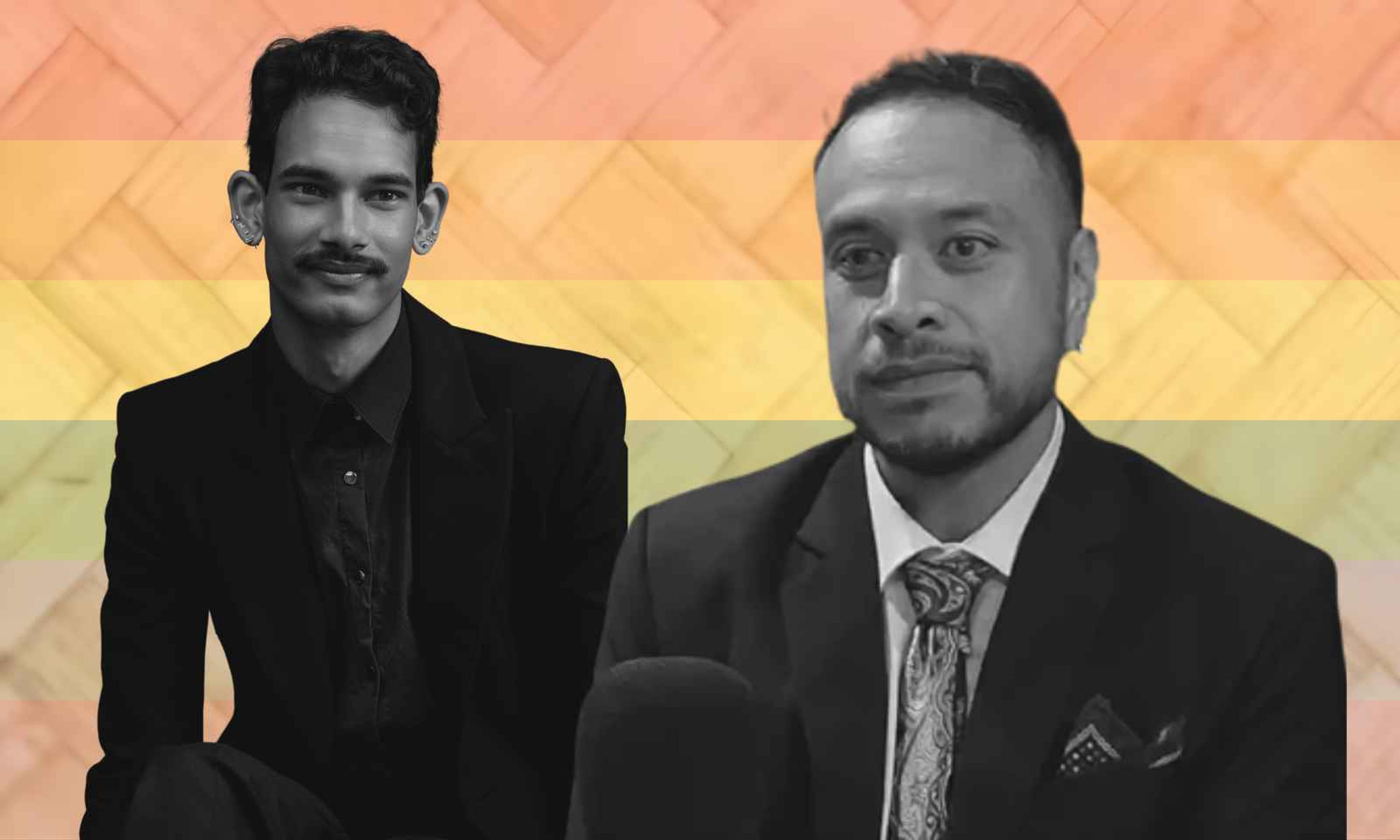

Photo/Moana Pasifika.
Protecting our athletes: Educating Pacific communities about concussions
Head-injury specialist Dr Stephen Kara unpacks the severity of concussions and what to look out for during sports.


Budget relief buys time for Ōtara-Papatoetoe, but pressures remain


Moana Pasifika end Lautoka curse to win 'Battle of the Pacific'

NZ's Pacific Rainbow+ people are avoiding healthcare after facing discrimination - study

Budget relief buys time for Ōtara-Papatoetoe, but pressures remain


Moana Pasifika end Lautoka curse to win 'Battle of the Pacific'
Pacific communities are being urged to take concussions more seriously.
Head-injury specialist Dr Stephen Kara emphasises the importance of this issue. With over 20 years of experience in health sports, he joins the Weekend Ticket to address concussions.
He says it’s important to recognise, treat, and prevent concussions to protect the health and future of young Pacific athletes.
What is a concussion?
Kara says concussions are a “transient disturbance of neurological function”, meaning they temporarily disrupt brain function but improve over time.
Unlike injuries visible on scans, such as bleeding or swelling, concussions occur at a cellular level.
“Our brains are made up of millions of cells and are essentially bags of water with chemicals in them,” he says.
“With concussions, the cells become a bit leaky, and in doing so, cells change places, changing the environment my brain functions in.
“For us, it’s a disturbance of brain function at a cellular level that impacts my brain function.”
Recognising the signs
Kara outlines key signs to watch for when a concussion is suspected.
“Number one is to recognise if I have been hit [in a contact sport] that involves any whiplash mechanic. Most people think concussions [may] come from loss of consciousness, but only 10 per cent of cases come from loss of consciousness.
“If you’re looking on the field, you might see a player that’s a bit slow to get off the ground, they get up and look off balance, get back onto the defensive line and look disoriented. Those are what you can look out for on the field.

A Canberra Raiders player being tackled. Photo/NRL.
“For me (oneself), these are symptoms one can report. Headaches, light sensitive, noise sensitive, they might feel nauseous or vomit after games.
“There might be mood changes, more irritable, excess fatigue, or my brain just feels like I’ve slowed down. Sleeping for a prolonged period of time or broken sleep too.”
Kara says these symptoms appear within 48 hours of the injury, while any that emerge two weeks or later may suggest a different cause.
Sports prone to concussions
While most concussion cases happen in contact sports, Kara says they are present across various sports.
“We hear a lot about it in contact-based sports because there is a lot of research done in rugby and rugby league, but it can occur in different sports.
“I see people in my clinic (who are) equestrian riders, I see it in water polo, in football (mainly goalkeeprs), in netballers and basketballers. This is not just a contact-sports issue.”
Evolving perspectives on concussion
Kara says the perspectives on concussions have changed over the years.
“Yes, I think things have changed, I think there have been some positive steps and educational upskilling of coaching and the public. But I still think there’s a way to go.
“I think there's more we can do around the educational space. I don’t think it’s a coach problem, I think concussion is a societal problem, so therefore society needs to be responsible for it just like when you don’t let your mates drive drunk.

Photo/Super Rugby NZ.
“The same analogy for me because the same process in brain cells is the same as a drunk person.
“So therefore as a teammate I should be responsible for it, if a parent on the sideline sees it I should be responsible for it, if a coach sees it I should be responsible for it. It should be everyone's problem.
“If I recognise it, I remove the person. If I get it wrong, then okay, but I might have looked after their brain. Until someone has promptly assessed their brain. “
In New Zealand, the Accident Compensation Corporation (ACC) mandates a 21-day stand-down period for anyone who sustains a concussion, ensuring full healing before returning to play
Long-term risks and prevention
Kara warns that repeated concussions can lead to long-term effects, including an increased risk of neurodegenerative diseases like dementia or Parkinson’s, particularly after the age of 80.
He says alcohol consumption, drug use, and mental health issues also impact long-term brain health.
To prevent concussions, Kara recommends:
Rule Changes: Lowering tackle heights and banning dangerous tackles.
Training Modifications: Limiting contact during practice to reduce exposure.
Neck Strengthening: Incorporate exercises to improve neck muscle control and stability.
Mouth Guards: While their effectiveness in preventing concussions is debated, they can protect against dental injuries.
A message for parents and coaches
Kara says parents and coaches of young athletes should prioritise brain health over short-term success.
“The chance of your child making good money as a professional athlete is highly unlikely.
“The law of probability for me is, you need to look after your brain first. They’ll need it for education and work far more than for sports.
"If your child has not recovered fully, don’t let them play."

Chiefs star Ruby Tui with a young fan. Photo/Super Rugby NZ.
Kara says athletes must be cleared by clinicians/specialists before they can return to competition.
“They need to show clinical recovery (meaning) they are showing exercise tolerance, which means they're exercising at good levels and having no symptoms.
“(If) they're showing cognitive tolerance, which means they're back into school or work and having no problem. They have been cleared by a physiotherapist or a doctor, then that’s fantastic.”
"Concussion is a societal problem, and society needs to be responsible for it. Let’s work together to keep our athletes safe and healthy.”